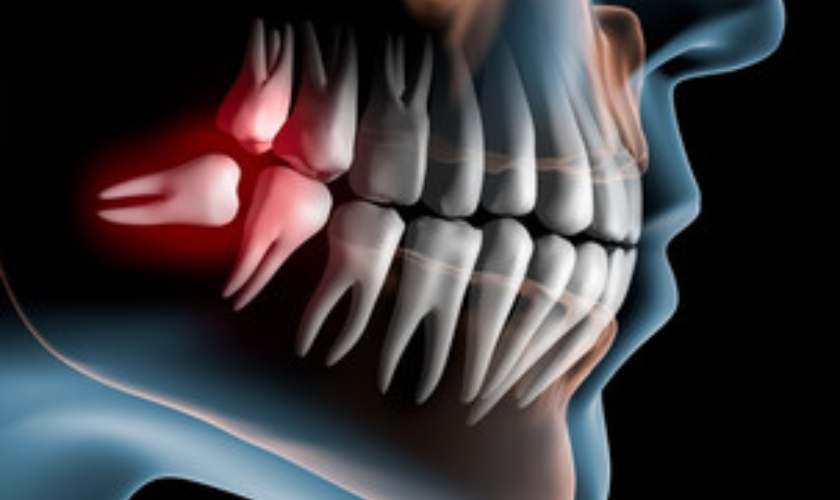
Can Wisdom Teeth Grow Back After Extraction?
After wisdom teeth are extracted, they do not regenerate. However, some people may develop additional teeth, known as supernumerary teeth. Unlike regular third molars, these extras can emerge after extraction and are often visible in routine dental X-rays. If you encounter any dental problems, it is advisable to consult Dr. Manju R. Kejriwal, a dentist in Cincinnati. For further information on third molars, their function, and the common reasons for their removal, keep reading.
What Are Wisdom Teeth?
Wisdom teeth, also known as third molars, are typically four in number—one at each corner of the mouth’s upper and lower rows of teeth. These molars, the last to emerge through the gums, usually make their appearance in the late teens or early 20s. However, they may remain submerged or partially emerge, often causing discomfort or misalignment. Whether fully or partially emerged, third molars can lead to painful crowding among neighboring teeth.
Why Do We Have Wisdom Teeth?
Research suggests that third molars can be traced back to our ancient ancestors, who possessed more teeth and larger jaws to accommodate them. However, as our species has evolved, our jaws have undergone a size reduction, leaving insufficient space for these additional teeth.
Why Are Wisdom Teeth Extracted?
Dentists often consider the removal of wisdom teeth in cases of:
- Pain
- Infection
- Cysts
- Damage or potential harm to adjacent teeth
- Tooth decay
- Gum disease
- Tumors
Additionally, dentists might advise third molar extraction as part of orthodontic procedures, such as teeth alignment with braces. Another scenario for removal is when third molars are impacted, meaning they grow at an abnormal angle beneath the gum surface, even if they aren’t currently causing symptoms.
Should I Be Concerned About Wisdom Teeth?
Dr. Manju R. Kejriwal, your esteemed dentist in Cincinnati, will diligently examine your wisdom teeth, meticulously observing and taking note of the following aspects:
Mispositioned Wisdom Teeth
If a wisdom tooth is not correctly positioned, it can trap food, creating an environment where cavity-causing bacteria can flourish.
Improper Eruption of Wisdom Teeth
Crookedly emerging third molars can hinder flossing and effective cleaning between the second molar and the wisdom tooth.
Partial Eruptions
Wisdom teeth that partially erupt can allow bacteria to enter the gums, leading to potential infections and swelling.
Limited Space for Wisdom Teeth
Insufficient room for third molars may result in crowding or damage to neighboring teeth during their emergence.
Moreover, an impacted third molars could give rise to a cyst, impacting the roots of nearby teeth and affecting the jawbone. Regular monitoring by your dentist helps address these potential concerns.
What Symptoms Are Associated With An Impacted Wisdom Tooth?
The presence of impacted third molars may not always manifest with symptoms. However, when an impacted third molar leads to infection or other dental issues, such as causing damage to adjacent teeth, you may encounter:
- Swollen gums
- Tender gums
- Bleeding gums
- Swelling around the jaw
- Jaw pain
- Difficulty opening your mouth
If you observe any of these symptoms, it is advisable to seek dental attention. These signs are frequently accompanied by bad breath or a persistent unpleasant taste in your mouth.
The notion that wisdom teeth can grow back after extraction is simply a myth. Once they are correctly removed, third molars do not regenerate. Nevertheless, it is crucial to undergo a comprehensive extraction procedure that addresses any remaining fragments or abnormal eruption patterns. By diligently following post-operative care instructions and scheduling regular check-ups with Dr. Manju R. Kejriwal, a reputable dentist in Cincinnati, individuals can maintain a healthy and pain-free smile, free from concerns about third molars regrowth. Having a clear understanding of these facts enables individuals to make informed decisions about their oral health and embark on a dental journey with confidence.


